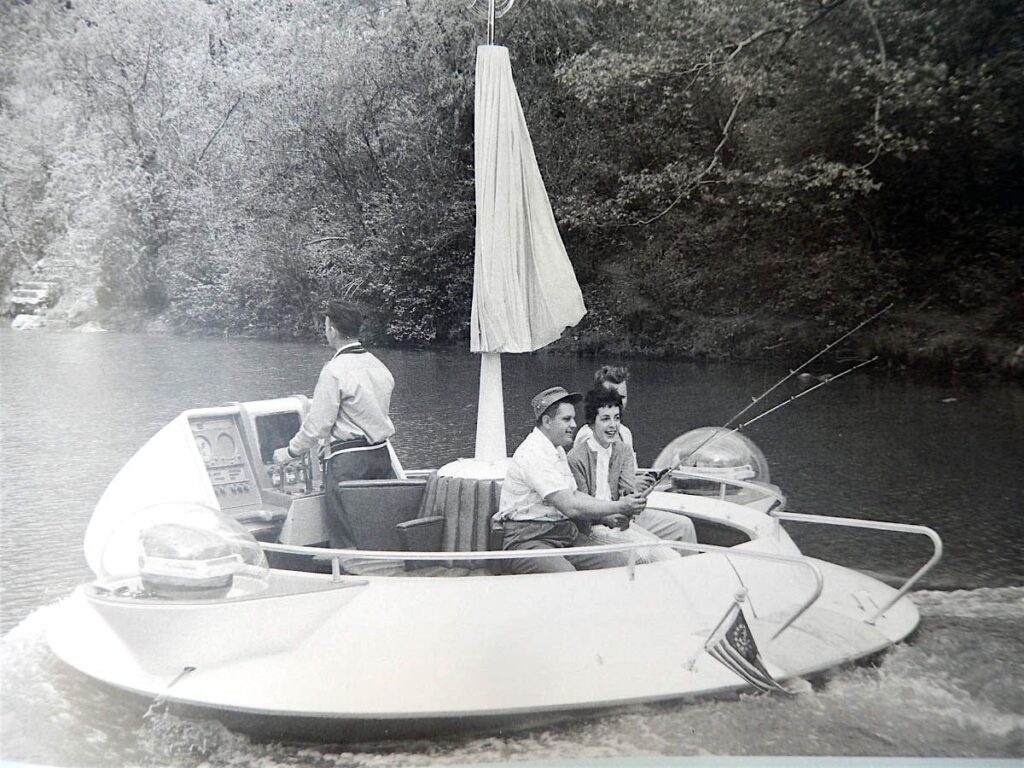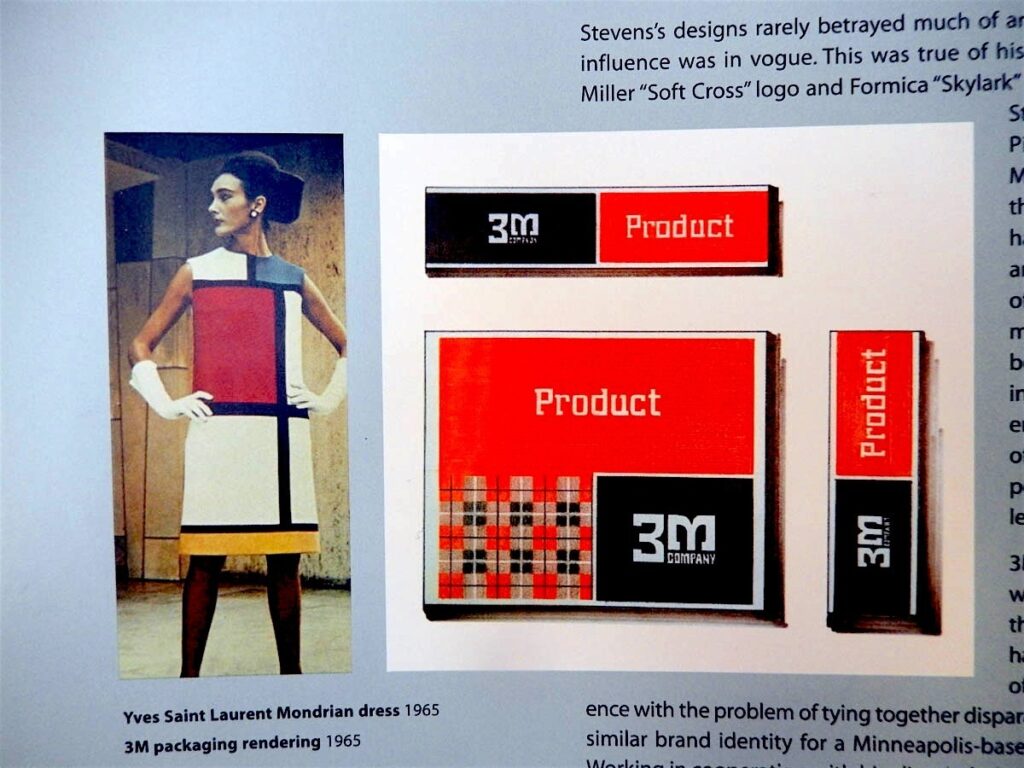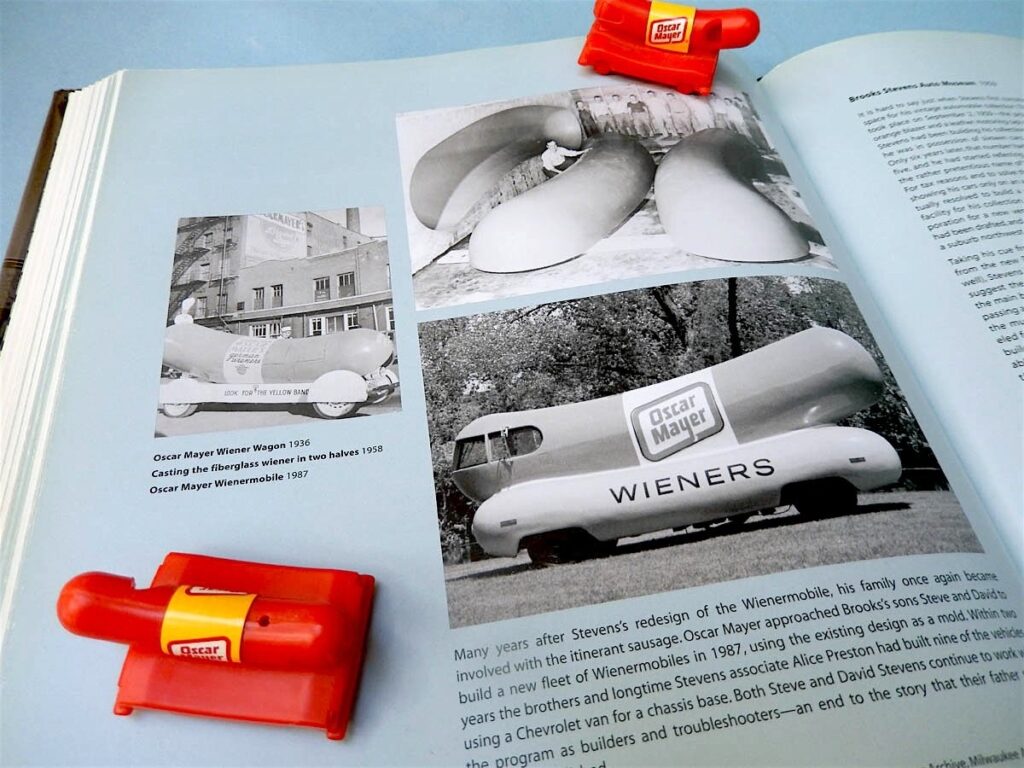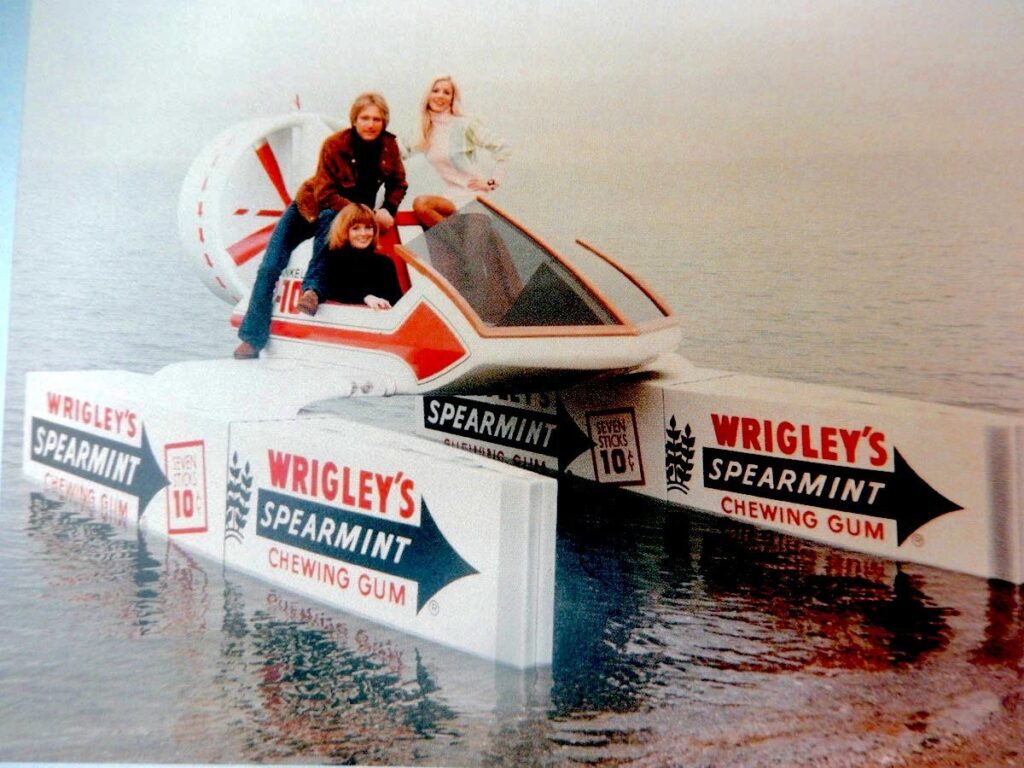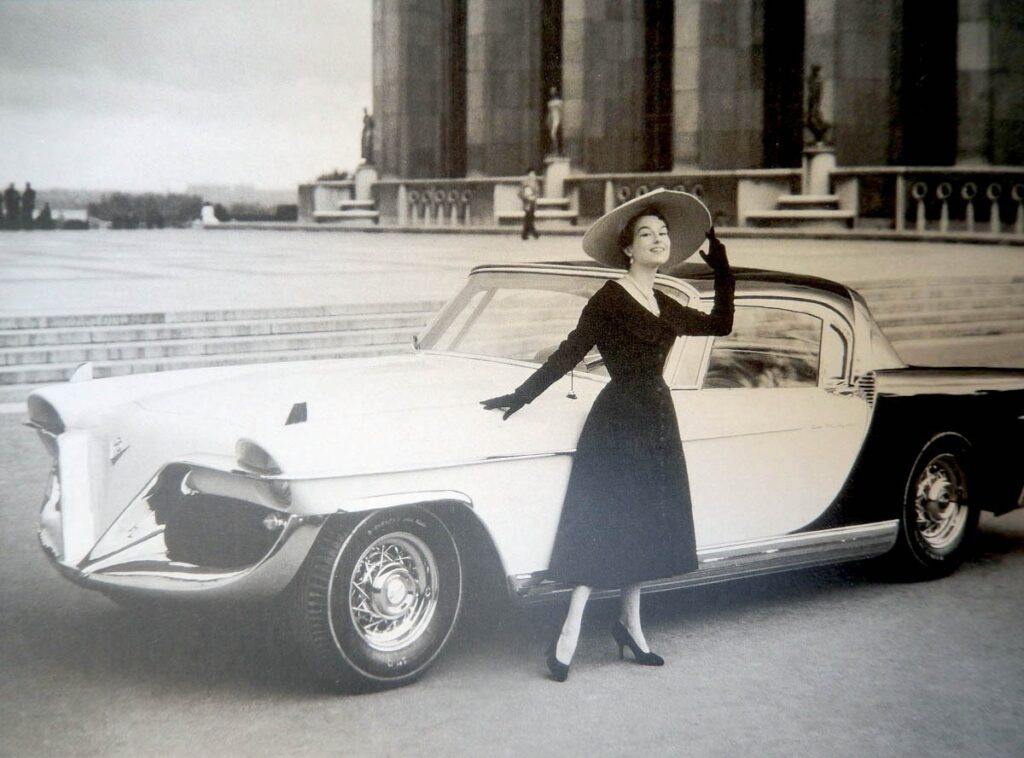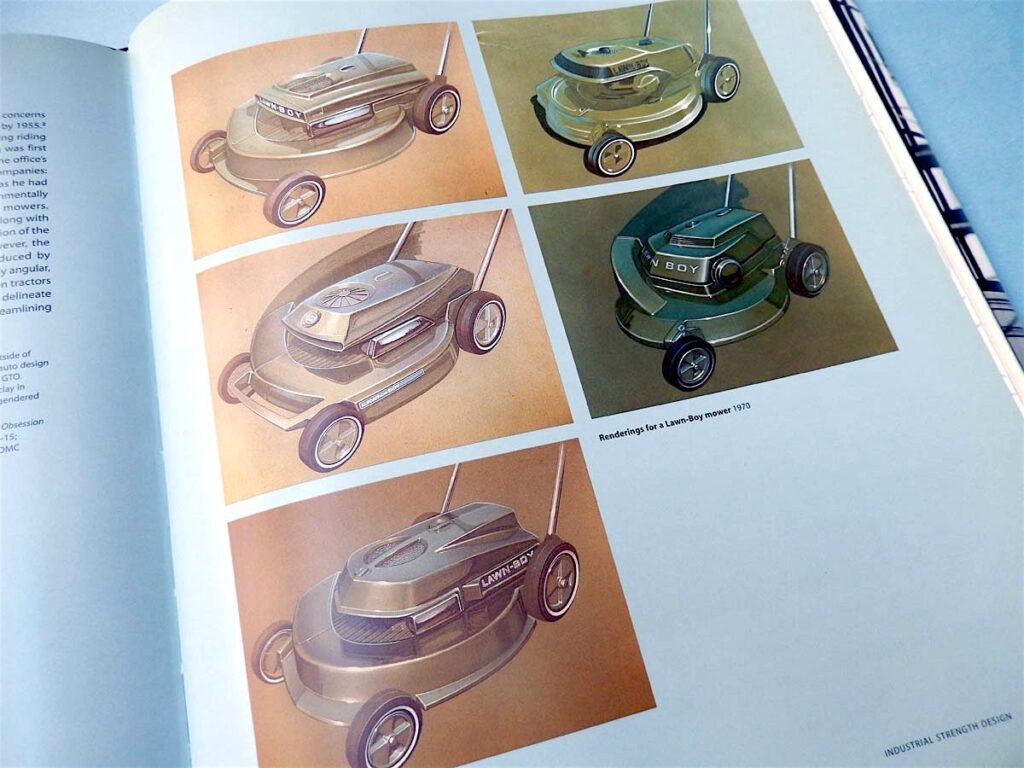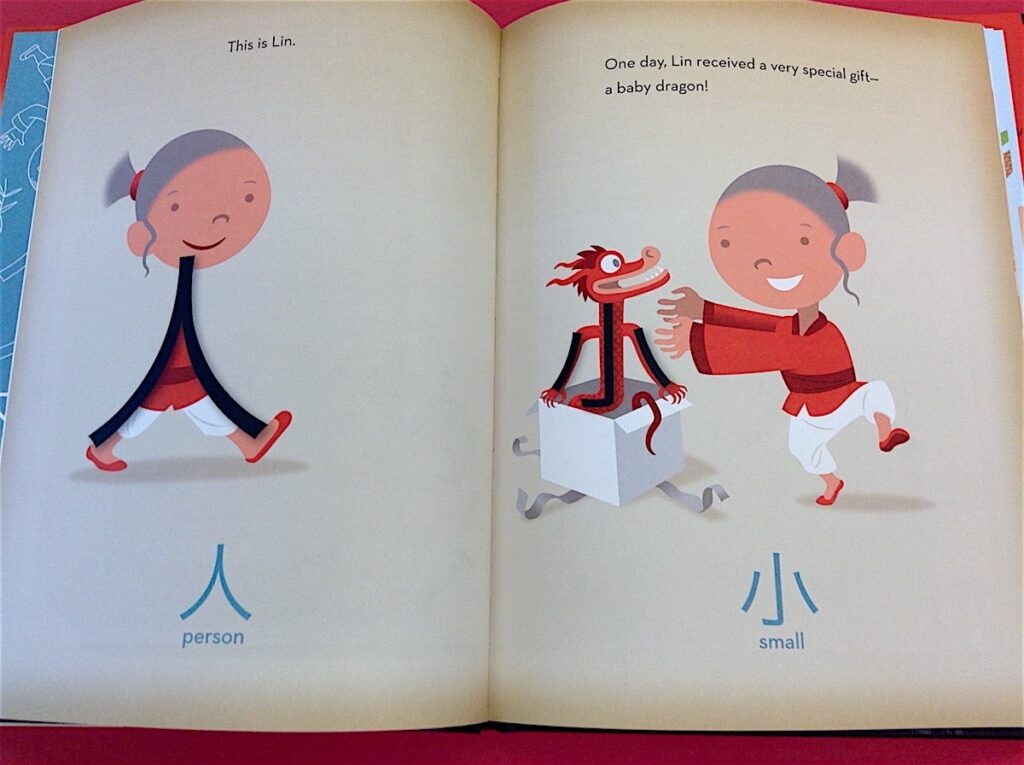Book Freak 147: How Our Minds Predict and Shape Reality
Surprising facts from Andy Clark's "The Experience Machine"
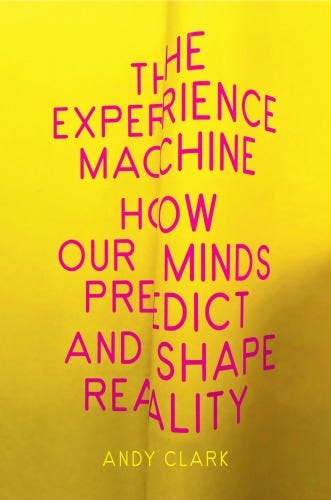
Imagine your brain as a master illusionist, constantly weaving the fabric of your reality from the threads of expectation and sensation — this is the premise of The Experience Machine by Andy Clark. He explains how our minds shape our perception of reality based on predictions and expectations, and examines various phenomena and theories in cognitive science, psychology, and neuroscience to argue that human experience is built from a combination of our own expectations and actual sensory input. Clark, a professor of cognitive philosophy, demonstrates through various examples how our brains constantly predict and process information, affecting our understanding and interaction with the world around us.
Three quotes from his book:
Transformative Potential of Psychedelics
“Psychedelics… may help relax the grip of our existing model of who we are, what we will do, and what is most meaningful in our life. We can then experience the world, ourselves, and others in new and liberating ways… Much of the distinctive experiential feel (the ‘phenomenology’) of psychedelics may be explained in this broad fashion.”
Your Body Keeps a Budget
Just as a financial budget tracks income and expenditure, a body budget tracks and anticipates the use and replenishment of key resources for maintaining bodily life and functioning. These resources include water, salt, and glucose. To renew them, we engage in familiar activities such as finding and consuming food and sleeping. Allostatic mechanisms are vital to this process.
If we feel thirsty, Barrett notes, we may take a drink of water. We immediately feel less thirsty, even though it will actually take the water around twenty minutes to reach the bloodstream and deliver the required effects. Yet the brain delivers the sensation of a “quenched thirst” right away. You (your body) can afford the wait since the sensation of thirst was activated in advance too. In other words, both the feeling of thirst and the feeling of having quenched your thirst each reflect anticipatory processing.
The Power of Honest Placebos
A fascinating range of cases involves the use of “honest placebos.” In these cases, potent predictions of relief can still be activated despite the person knowing perfectly well that there is no standard or clinically active ingredient present.Honest (or “open-label”) placebos have proven effective in cases ranging from irritable bowel syndrome (IBS) to cancer-related fatigue. In one 2010 study, Harvard Professor of Medicine Ted Kaptchuk gave an honest placebo to eighty patients suffering from irritable bowel syndrome and found clinically significant improvements in 59 percent (against 35 percent in a control group), commenting in a later interview that “Not only did we make it absolutely clear that these pills had no active ingredient and were made from inert substances, but we actually had ‘placebo’ printed on the bottle…. We told the patients that they didn’t have to even believe in the placebo effect. Just take the pills.”
12/6/23






